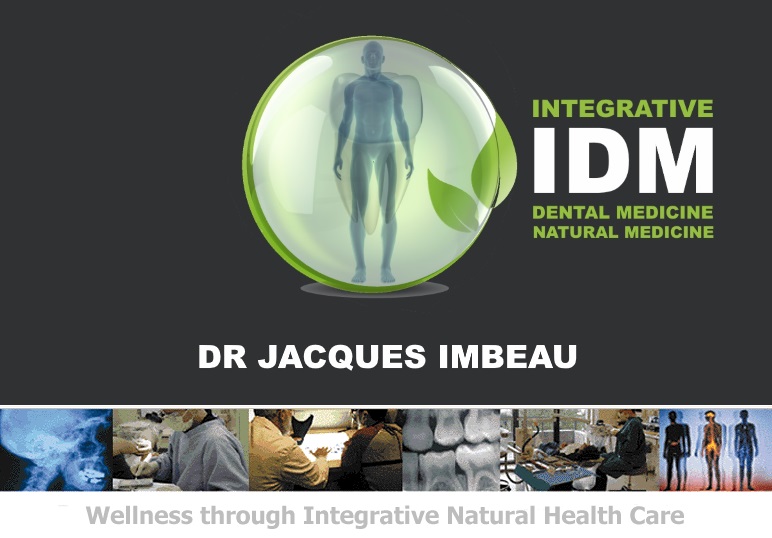The
Breath of Life Contaminated
|
|
Bacterial respiratory
infections are thought to be acquired through
aspiration (inhaling) of fine droplets from the
mouth and throat into the lungs. These droplets
contain germs that can breed and multiply within
the lungs to cause damage. Recent research
suggests that bacteria found in the throat, as
well as bacteria found in the mouth, can be drawn
into the lower respiratory tract. This can cause
infections or worsen existing lung conditions.
People with respiratory diseases, such as chronic
obstructive pulmonary disease, typically suffer
from reduced protective systems, making it
difficult to eliminate bacteria from the lungs.
Scientists
have found that bacteria that grow in the oral
cavity can be aspirated into the lung to cause
respiratory diseases such as pneumonia,
especially in people with periodontal disease.
This discovery leads researchers to believe that
these respiratory bacteria can travel from the
oral cavity into the lungs to cause infection.
Chronic
obstructive pulmonary diseases (COPD) cause
persistent obstruction of the airways. The main
cause of this disease is thought to be long-term
smoking. Chemicals from smoke or air pollution
irritate the airways to cause obstruction.
Further damage to the tissue and working function
of the lungs can be prevented, but already
damaged tissue cannot be restored - untreated or
undetected COPD can result in irreversible
damage. Scientists believe that through the
aspiration process, bacteria cam cause frequent
bouts of infection in patients with COPD. Studies
are now in progress to learn to what extent oral
hygiene and periodontal disease may be associated
with more frequents bouts of respiratory disease
in COPD patients.
|

